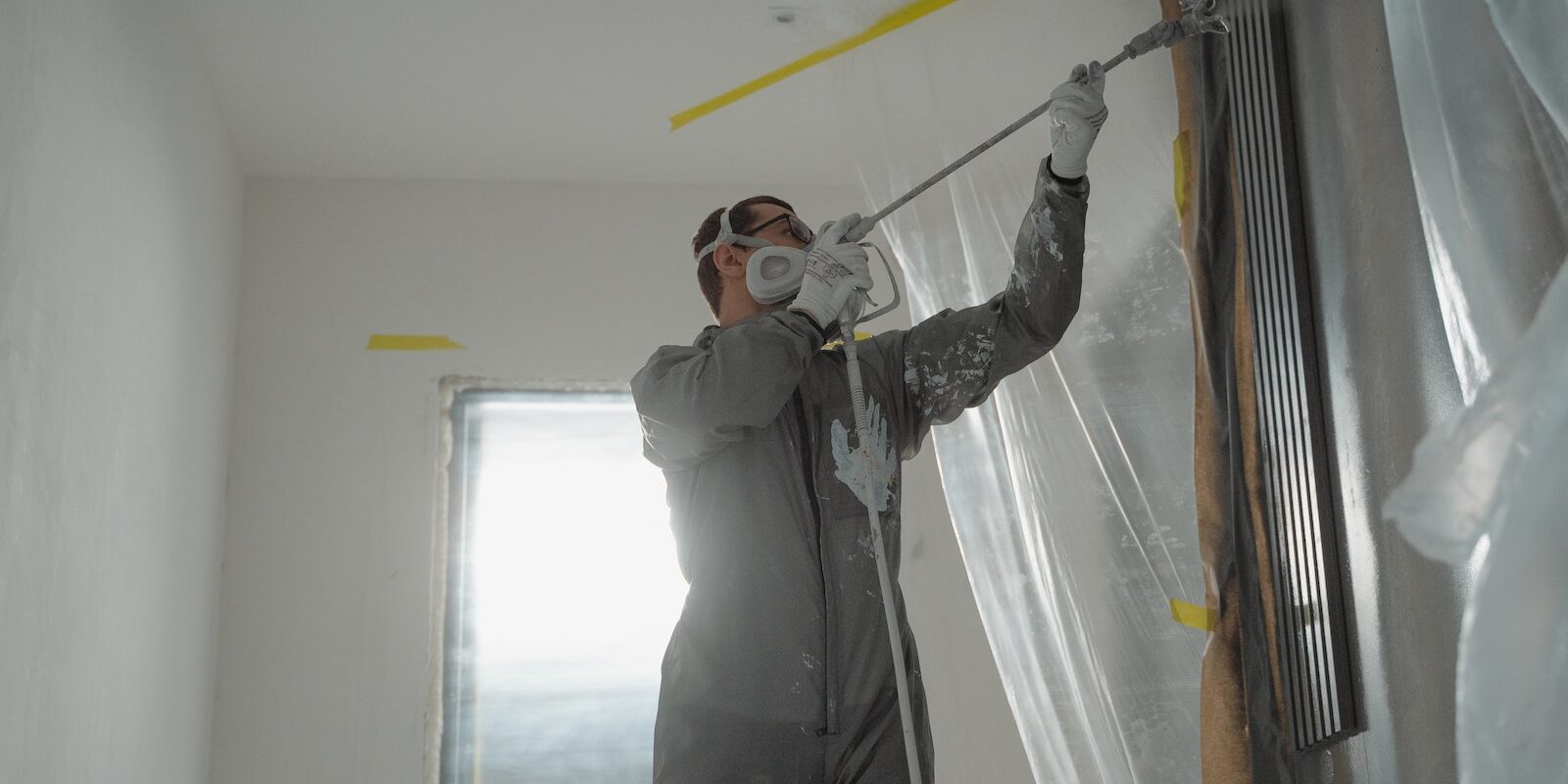
Lead poisoning occurs when lead accumulates in the body over time, typically through exposure to lead-containing materials, products, or substances. Here are some common ways people can end up with lead poisoning:
Ingesting lead paint or dust: Homes built before 1978 may have lead-based paint, which can flake off or create dust when sanded, scraped, or disturbed. Lead-contaminated dust can also form from lead-based paint on windows, doors, and other surfaces. Children can accidentally ingest lead dust by touching contaminated surfaces and then putting their hands in their mouths.
Drinking lead-contaminated water: Lead can leach into drinking water from pipes, plumbing fixtures, and solder. Homes built before 1986 may have lead pipes or lead solder that can contaminate the water supply. Some public water systems may also have lead pipes or other components that can release lead into the water.
- Occupational exposure: Certain occupations may expose workers to lead, such as those who work with lead-based paints, batteries, or pipes, or those who work in industries such as construction or mining.
- Consumer products: Some consumer products may contain lead, such as certain types of ceramics, lead crystal glassware, and some children’s toys or jewelry.
- Contaminated soil: Lead can be present in soil, particularly near industrial sites, highways, and older buildings with lead-based paint. Children playing in contaminated soil can inadvertently ingest or inhale lead.
- Other sources: Lead can also be found in certain traditional remedies, cosmetics, and some imported spices or foods.
It’s important to note that lead poisoning is preventable. By identifying potential sources of lead exposure and taking steps to minimize exposure, such as regular cleaning and maintenance of lead-based paint, using lead-free plumbing materials, and avoiding consumer products that may contain lead, people can reduce their risk of lead poisoning.
Lead poisoning can have serious health consequences, especially if exposure is prolonged or occurs at high levels. Here are some common health problems associated with lead poisoning:
Neurological effects: Lead can damage the nervous system, leading to behavioral problems, lower IQ, learning disabilities, and developmental delays in children. In adults, exposure to high levels of lead can cause memory loss, mood disorders, and nerve damage.
- Digestive issues: Lead can also damage the gastrointestinal system, causing abdominal pain, constipation, and nausea.
- Anemia: Lead poisoning can reduce the production of red blood cells, leading to anemia.
- Kidney damage: Lead can accumulate in the kidneys over time, causing irreversible damage and eventually leading to kidney failure.
- Reproductive problems: Lead can interfere with the production of sex hormones, leading to infertility or decreased fertility.
- Cardiovascular effects: Lead exposure has been linked to an increased risk of high blood pressure, heart disease, and stroke.
- Other health effects: Other health problems associated with lead poisoning include muscle and joint pain, fatigue, headaches, and irritability.
It’s important to note that the severity of symptoms depends on the amount of lead in the body and the duration of exposure. Early detection and treatment are crucial for preventing long-term health problems associated with lead poisoning.
If someone has been exposed to lead poisoning, it may be worth consulting with a lawyer to understand their legal options. In some cases, individuals who have been exposed to lead poisoning may be entitled to compensation for damages related to their exposure, such as medical expenses, lost wages, and pain and suffering.
Tenants in Putnam, CT Express Concerns Over High Levels of Lead in Apartment Complex
Tenants in a Putnam, Connecticut apartment complex, Quiet Corner, are concerned about high levels of lead in their homes. Tests conducted by the state Department of Public Health revealed that several units had lead levels above the legal limit. The landlord has been ordered to address the lea issue and provide relocation assistance to affected tenants. Approximately 50 residents of Quiet Corner formed a union to address the issue.
Lead poisoning can cause serious health problems, especially in children and pregnant women. Tenants are urged to have their homes tested for lead and to take action if necessary to protect their health.
A lawyer can help you with your legal case
A lawyer can help evaluate whether there is a legal case to be made and can assist in navigating the legal system to pursue compensation. It’s important to find a lawyer with experience in lead poisoning cases and to carefully evaluate their qualifications before hiring them.
However, it’s worth noting that not every case of lead poisoning will result in a successful legal claim. Each case is unique, and there are many factors that can affect the outcome of a legal case, including the strength of the evidence, the jurisdiction in which the case is filed, and the specific laws and regulations governing lead poisoning cases in that jurisdiction.
Ultimately, the decision to pursue legal action is a personal one that should be made in consultation with a qualified lawyer and with a full understanding of the potential risks and benefits involved.
Settlements for lead poisoning cases can vary widely depending on the specific circumstances of the case, including the severity of the exposure, the extent of the damages suffered, and the liability of the responsible parties. In some cases, settlements may be reached through negotiations between the parties, while in others, cases may go to trial and a judge or jury may determine the amount of damages to be awarded.
Some high-profile lead poisoning cases that have resulted in significant settlements or verdicts include the case of Flint, Michigan, where residents were exposed to lead-contaminated water, and the case of Herculaneum, Missouri, where residents were exposed to lead contamination from a nearby smelter. However, it’s worth noting that the outcomes of these cases were the result of complex legal and political processes, and settlements or verdicts in other lead poisoning cases may be quite different.
Get the help you need today
If you or someone you know has been exposed to lead poisoning, it’s important to seek medical attention and legal advice from a qualified attorney with experience in lead poisoning cases.
LRCR.Law can help you if you’ve been exposed to lead poisoning. Call us today for a free consultation!
